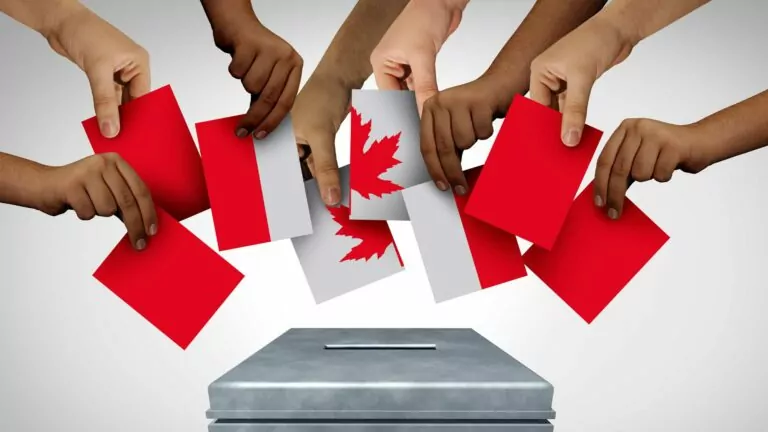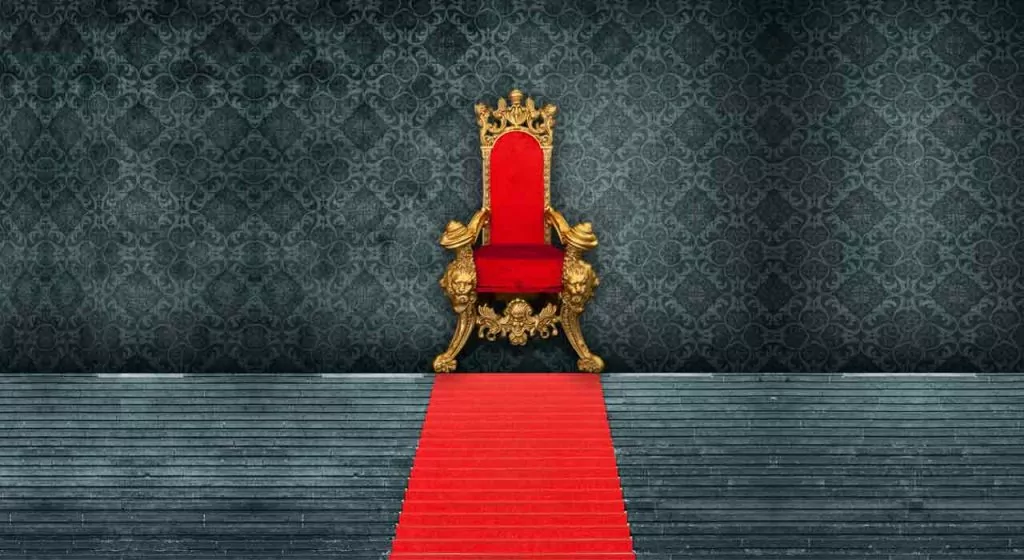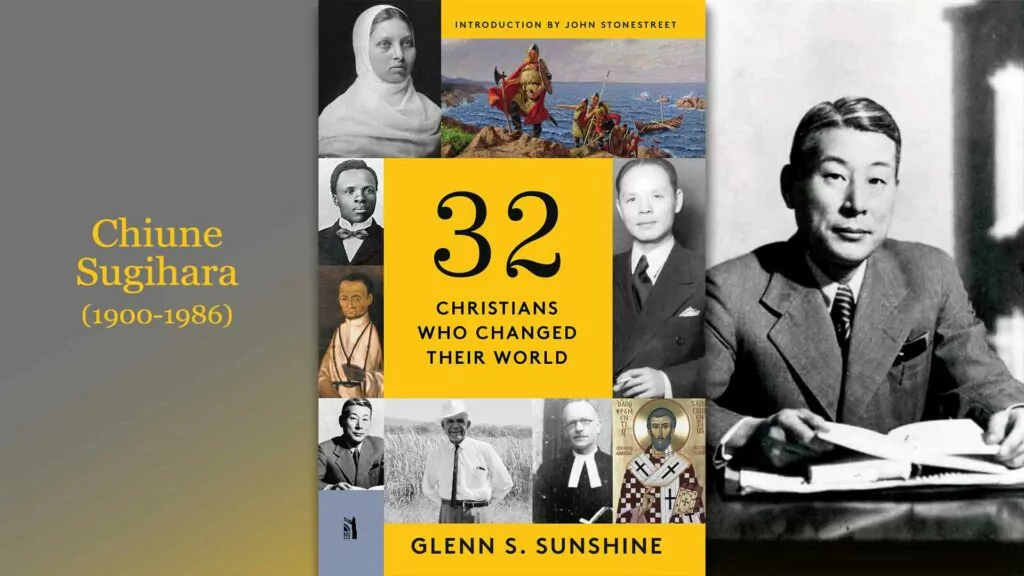Come the next election, the House of Commons is set to add five more seats and see the ridings redistributed. These changes flow from a requirement in our Constitution to do this after each census, to try ensure that each vote in Canada counts about the same when it comes to electing Members of Parliament. Populations change from movement within Canada and immigration, and a representative democracy is supposed to account for this.
Yet Globe and Mail columnist Andrew Coyne has shown that the new boundaries don’t come close to representing where Canadians live, resulting in some votes being worth far more than others. Some of his findings included:
- Labrador, the smallest riding, has just 27,000 people. Contrast this with Edmonton-Wetaskiwin, which has more than 209,000. Both ridings send one MP to Parliament, so a vote in Labrador is worth eight times as much.
- The average Alberta riding has more than 125,000 people. Contrast this with PEI, where the average riding size is 39,000 people.
- The four Atlantic provinces and the three northern territories have a population below 2.8 million, yet they have more seats than Alberta, which had 4.8 million as of the 2021 census.
- The smaller ridings tend to vote Liberal. A total of 43,848 votes elected six Liberal MPs in Newfoundland, PEI, and the territories. This is less than the average number of votes to elect a single MP in the six largest Conservative ridings.
- Canada’s population has grown by 10 percent since the 2021 Census, with three-quarters of the growth in Alberta, BC, and Ontario, which are all already under-represented in Parliament. This means that the new distribution is already far out of date, even before it takes effect.
These inequalities resulted from a series of decisions by our leaders. One of the most significant was the “grandfather clause” of 1985 which decided that a province cannot have fewer seats than it had that year. The most recent redistribution decided that Quebec can’t ever get fewer seats. This means that the only remaining option to restore proportionality is to add seats.
But for this to be truly fair, based on Labrador’s population, our House of Commons would need to grow from 337 MPs to 925! That is clearly unrealistic. But adding a measly three to Alberta and one to Ontario and BC doesn’t even come close to being representative. If we were aiming for genuine proportionality, they should be getting 24 new seats.
It would be difficult to change the representation in the Senate, as a change to the constitution requires approval from all provinces. But Coyne noted that it could be done in Parliament:
“the ‘grandfather clause’ and the rest could all be amended or abolished by simple act of Parliament. Or are we incapable of living up to the same basic democratic principles that apply in other countries?”
Of course, other countries aren’t our ultimate standard. A better standard is the basic biblical principles of fairness, justice, and impartiality. As Proverbs 16:11 instructs, “a just balance and scales are the LORD’s.”












